At Robertson Pediatrics, we understand that teenagers may encounter various skin issues, including unwanted or excessive hair growth. While hair growth is a natural part of growing up, some children may face concerns related to body hair, such as excessive hair growth, unwanted hair, and ingrown hair.
If your child or teen is facing similar concerns, it's important to seek professional advice. Our pediatric experts have the expertise to assess these concerns and provide tailored guidance and treatment options.
Before exploring the types of hair removal techniques available, it's essential to know about different types of body hair. All hair is made up of keratin, a robust protein also found in our fingernails and toenails.
There are two primary categories of hair on the human body: vellus hair and terminal hair.
This variety of hair is characterized by its soft, fine, and short nature. Most body hair is of the vellus hair type. This includes women who may have hair on their chest, back, and face.
Vellus hair can appear darker and more noticeable in those with darker complexions. This hair type plays a crucial role in helping the body maintain a stable temperature by providing a level of insulation.
In stark contrast, terminal hair is coarser, darker, and significantly longer than vellus hair. This type of hair is typically found on the scalp, defining our locks.
As children undergo puberty, terminal hair starts to emerge in regions such as the armpits and pubic area. For males, terminal hair also emerges on the face and other parts of the body, including the chest, legs, and back. The primary function of terminal hair extends to offering cushioning and protection.
While hair growth is a natural and integral part of human biology, some people may have excess hair growth. This is a condition referred to as hirsutism. Hirsutism can arise due to various medical factors.
In females, conditions like polycystic ovary syndrome (PCOS) and other hormonal disorders may trigger the growth of dark, coarse hair on areas such as the upper lip, chin, chest, belly, and back. Additionally, certain medications, including anabolic steroids, can also contribute to hirsutism.
At Robertson Pediatrics, our experts understand that addressing hair-related issues in teens requires a delicate approach. Treatment options for hair removal can be discussed based on the specific needs and concerns of your child.
Some of the options we may explore include:
- Topical Treatments: For conditions like hirsutism, where excessive hair growth is a concern, topical treatments can help slow down hair growth.
- Laser Hair Removal: In some cases, laser hair removal may be a suitable option. This procedure is safe and effective when performed by experienced professionals.
- Electrolysis: For permanent hair removal, electrolysis may be considered. Our pediatric expert can discuss the suitability of this treatment for your child.
- Preventing Ingrown Hair: We can provide guidance on safe and effective techniques to prevent and address ingrown hair issues.
At Robertson Pediatrics, we recognize that addressing hair-related issues in young teens requires a compassionate and supportive approach. Our team is dedicated to helping them feel confident and comfortable in their skin.
If you have concerns about your child's hair growth or related skin issues, please contact Robertson Pediatrics for a consultation. You can at 310-659-8687 or contact us online.


